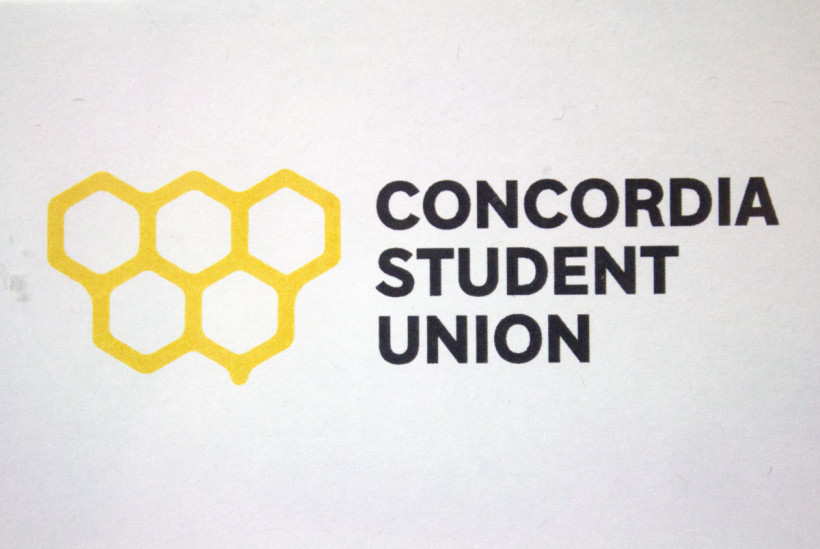CSU wants to change bylaws to allow easier removal of councilors who committed misconduct
The Concordia Student Union (CSU) is sending a question for referendum to change bylaws regarding the CSU Code of Conduct and Sexual Violence and Safer Spaces Policy, ensuring that these regulations are cohesive with the CSU bylaws.
According to Isaiah Joyner, the general coordinator of the CSU, the Sexual Violence and Safer Spaces Policy and the Code of Conduct don’t properly reflect the bylaws. This means that if there is a dispute, or a councillor violates the regulations, the process is tedious to remove them from the CSU.
The questions going to referendum will ask students if they support two changes to the bylaws, allowing for easier enforcement of the Sexual Violence and Safer Spaces Policy and the Code of Conduct.
Joyner explained that the proposed changes will allow for a more streamlined way to remove councillors, where the issue will be brought to the Judicial Board or another CSU committee “empowered by such policy and Code of Conduct.”
As an independent and impartial branch of the CSU, the Judicial board has the mandate to pass judgement on cases brought before them. They interpret the bylaws and standing regulations, and judge over a myriad of issues.
The motion to put this change to referendum was made on Feb. 17 during a special council meeting, which, according to Joyner, is the only time council can change to the bylaws.
Bylaws are the governing rules of an organization. Meaning that no matter the policy or regulation, if there is a dispute, council must defer to the bylaws. However, these bylaws currently disagree with the Code of Conduct and Sexual Violence and Safer Spaces Policy.
For the CSU to implement certain rules, such as changes to the bylaws, the change must be put on referendum, where students will vote on whether they support the modification. The upcoming referendum, which will include several questions for students to vote on, will be held during the CSU’s general election period in November.
“There is no such thing as a perfect policy,” said Joyner. “But this is the first step towards a better and more accountable CSU for serious issues.”
The new proposed system will have the Judicial Board make a decision on the issue and then send a recommended action to the CSU.
“If the Judicial Board or other committee so empowered by such policy or Code of Conduct determines that a Representative or an Executive committed a misconduct under such policy or under the Code of Conduct, and determines that the appropriate sanction for such misconduct is removal from office, then, the Committee [Judicial Board] shall prepare and present to the Council of Representatives [CSU] a report of its findings and recommended sanctions,” states one of the proposed amendments to the bylaws.
When asked if the common claims of the CSU being a toxic environment had a role in creating this new system to remove councillors who committed misconduct, Joyner said it was not.
“This is something that should have taken place a long time ago,” he said. “This has been a long standing issue, so now it is finally being put to rest and resolved”
Joyner stated that one of the goals of this new proposed system will be for the CSU to be a safer and better environment for people that want to participate in the union.
Graphic courtesy of the Concordia Student Union (CSU)
